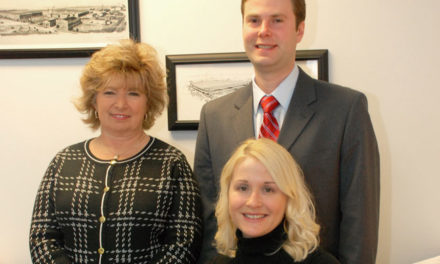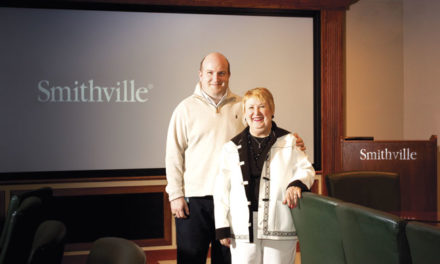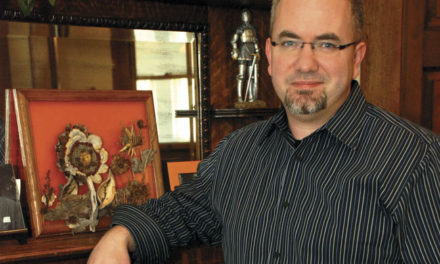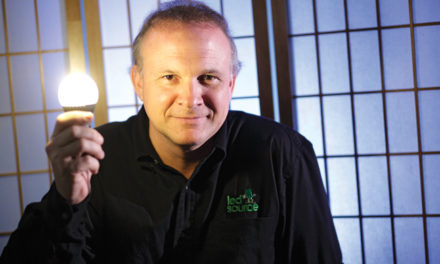BY PETER DORFMAN
Living Earth Television (LETV) is a nonprofit organization that looks to discover important documentary films anywhere in the world, prepare them for U.S. audiences, and find a place to show them.
LETV’s founder is Martha Foster, 69, who selects documentaries made by indigenous filmmakers, then oversees their preparation for U.S. audiences by improving the production values, editing, and creating broadcast-quality subtitles. Most of this happens in a small office in Foster’s home, in the Peppergrass neighborhood on Bloomington’s south side.
Foster, a public television veteran with five Emmy Awards to her credit, launched LETV in 2002 in Chicago. She and her husband, Earon Davis, moved to Bloomington in 2013, and Foster has found she can do more from her desktop here than ever before. “When we started, we were shipping VHS tapes back and forth,” she says. “Now, the films we’re preparing for broadcast are all stored online.”
The difference in Bloomington, however, isn’t technological. It’s in the connections she’s made here. Her association with the Indiana University Center for the Study of Global Change, where Foster is on faculty as an education and media fellow, provides a channel to set up and promote local lm screenings. LETV has had two so far.
The city’s advantages for a virtual start-up go beyond the university, however, says Foster. “Bloomington is on a scale where things can happen. People are accessible,” she says. “The newly retired age bracket here is an absolute goldmine. They have enormous talent and energy, and they want to be involved.”
LETV’s initial focus has been on China. Foster has made a dozen trips there, and arranged showings of Chinese films in several U.S. cities. LETV’s first Bloomington screening introduced One Child, an Academy Award–shortlisted documentary about three families who lost children in the 2008 Sichuan earthquake. The film will air soon on the Public Broadcasting System’s World Channel.
LETV is preparing three more Chinese documentaries for broadcast. China, however, is only the beginning. “Africa is my next destination,” Foster says.
LETV doesn’t produce films, Foster is careful to note. “We create culturally sensitive adaptations and handle distribution,” she explains. “We’re trying to make them accessible to Americans without dumbing them down.”
For more information and to view film previews, visit letv.org.














